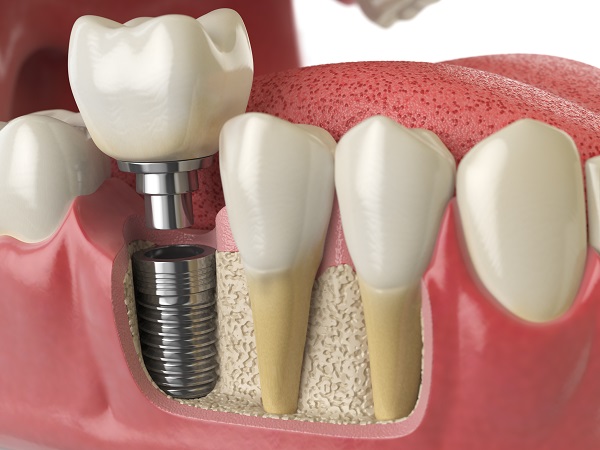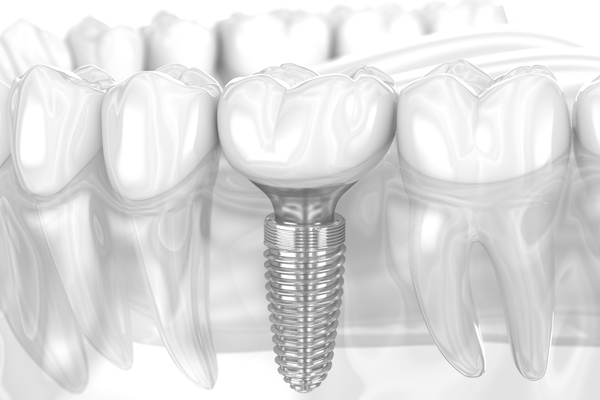Can Dental Implants Be Removed?

Learning more about how dental implants work will help you when it comes to choosing a tooth replacement option. The entire implant placement process can take many months to complete, which means you need to make sure this is the right replacement option for you. One of the many reasons people who are missing teeth choose implants is because they are a permanent replacement option, though it is possible to remove them.
Removing dental implants
Want to know how dental implants are removed after they have been surgically placed in the mouth? If the dental implant has not already integrated with the jawbone, the removal process will be much simpler compared to removing a dental implant that has already integrated into the jawbone. The patient will need to be placed under anesthesia so the dental professional can remove the crown, the abutment and then the actual implant itself.
Can dental implants be removed?
Yes, it is possible to remove a dental implant from a patient's mouth, even though it is considered to be a permanent tooth replacement option. The list below includes three reasons it may be necessary to remove a dental implant.
To change the position
Sometimes it is necessary for a dental professional to remove an implant when it is no longer in its proper alignment. It is essential for every tooth to be properly aligned, as this allows for a proper bite. This type of procedure is also called revision implant surgery, as it corrects the position of an implant that is out of alignment.
Early implant failure
Early implant failure means that the implant did not properly attach to the jawbone. This can be due to some type of infection or because the patient’s body rejected the implant, a.k.a. host rejection. When a patient experiences early implant failure, it tends to occur within the first two to three months after placement. It can be difficult for a dental professional to know until after the implant has been removed whether the early failure is due to an infection or if the implant simply did not fully integrate with the jawbone.
Late implant failure
Late implant failure means that the implant is failing even though it has been in a patient's mouth for more than a year. Like early implant failure, late implant failure can also be due to a mouth infection or because the implant did not fully attach to the jawbone. A second additional reason is that there is too much force being placed on the implant, which causes it to become so loose that it may need to be completely removed from the mouth.
Are implants right for you?
In order to know if dental implants are the right choice for you, understand that contacting us now to schedule an appointment will allow you to learn everything there is to know about the procedure. The initial consultation appointment is a great opportunity to ask any questions you have about implants, as our dental professional has years of dental implant placement experience.
Are you considering dental implants in the Bowie area? Get more information at https://www.gatewaydental.org.
Check out what others are saying about our dental services on Yelp: Dental Implants in Bowie, MD.
Recent Posts
Tooth implants have become a popular replacement option for individuals with missing teeth. Also known as dental implants, this replacement option is one that requires a semi-invasive oral surgery. The term oral surgery often sparks fear in individuals due to the potential for pain; however, what is important to know is that tooth implants are…
There has been a lot of talk about dental implants in recent years. Dentists recommend them, and patients benefit from the results of the treatment. Implants restore the full function of the mouth and revitalize smiles. People can enjoy newfound self-esteem and the self-image and health they have been looking for. You may wonder whether…
No other oral restorations are like dental implants when it comes to replacing missing teeth. These are the only solution for missing teeth that replaces the roots of teeth. These roots serve an important purpose, keeping the jaw stimulated and healthy.When missing teeth are not replaced with dental implants, the person's jaw will begin to…
People who have been recommended to get dental implants may be wondering how to take care of them after surgery. Implants are artificial teeth held in place by metal posts positioned in the gums. They are constructed to look and function like natural teeth; thus, managing them is similar to caring for regular teeth. Once…


